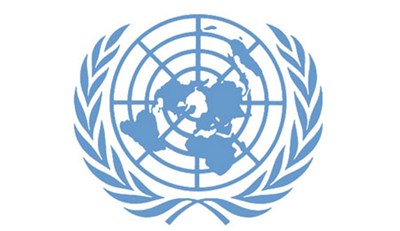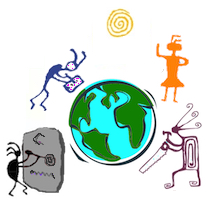I asked this back in 2011, but it’s time to ask it again:
I would like to know YOUR favorite online resources regarding
Spanish, French or German are most desired, but any language – Arabic, Persian Farsi / Dari / Tajik /, Hindi, whatever – would be welcomed.
In short, I’m looking for the Spanish, French, German, Arabic and other non-USA, non-English-language versions of Energize, Inc., of VolunteerMatch, of resources for those that manage volunteers like what I have on my web site, etc.
Please send the name of the resource, the URL of the resource, and a summary of what the resource is – does it focus on volunteer management? On nonprofits / NGOs / charities using the Internet? Or helping organizations recruit volunteers? Or fundraising / resource mobilization? Or any aspect of management? Is it a web site? A database? A Twitter feed?
I have some of these resources already, but I would like to have more. Plus, mine need updating:
- Online Volunteering-related recruitment or matching web sites compiled for the ICT4EMPL Future Work project (specifically, for the research project I undertook for them on “Internet-mediated volunteering – the impact for Europe“).
- Organisations that involve online volunteers in the EU also compiled for the ICT4EMPL Future Work project.
- Links to web sites and lists of offline publications related to virtual volunteering in languages other than English, in languages in other than English, in the Virtual Volunteering Wiki.
I will share what I’ve compiled already and what’s submitted – and is what I’m looking for – on my web site, and announce the page here on my blog, as well as my Twitter feed and my Facebook page.

If you have benefited from this blog or other parts of my web site and would like to support the time that went into researching information, developing material, preparing articles, updating pages, etc. (I receive no funding for this work), here is how you can help.




